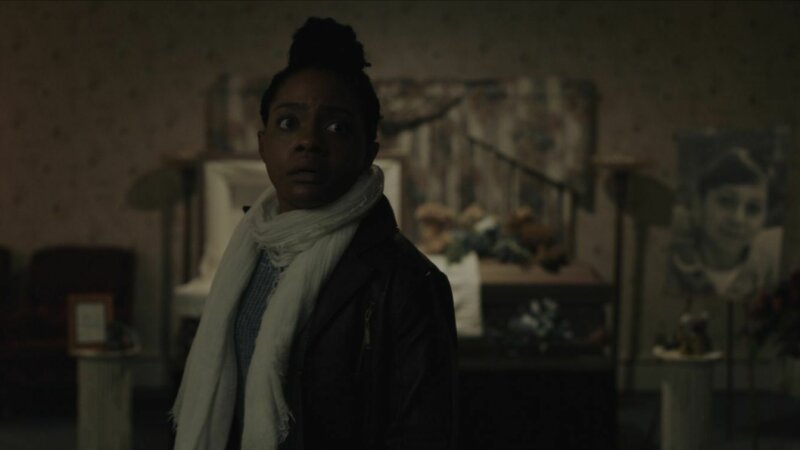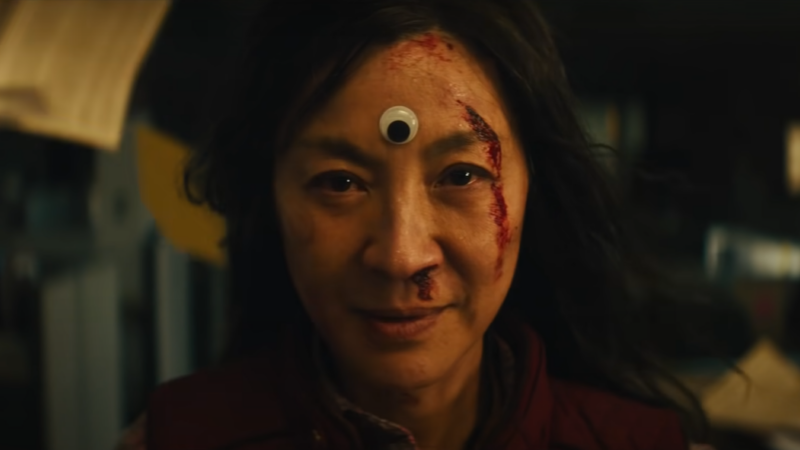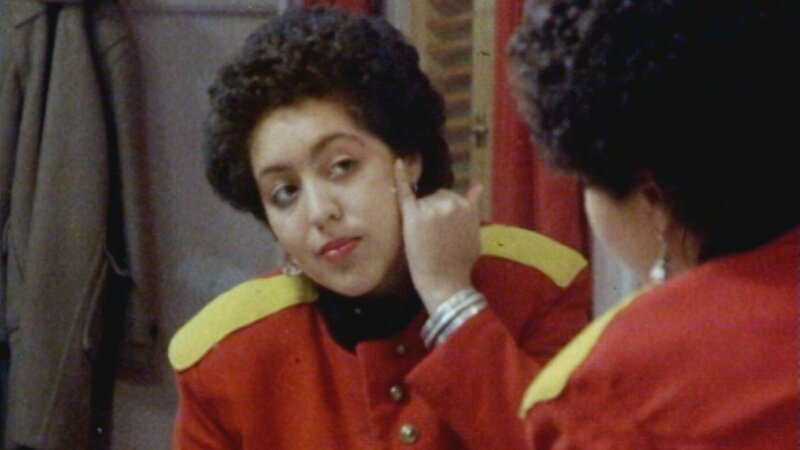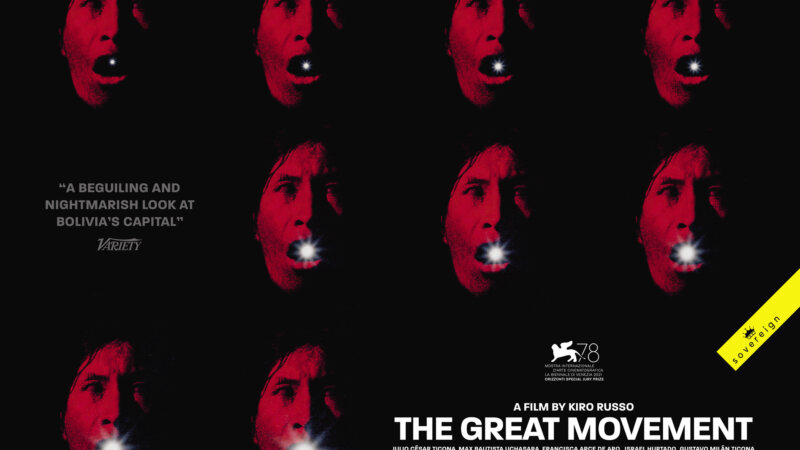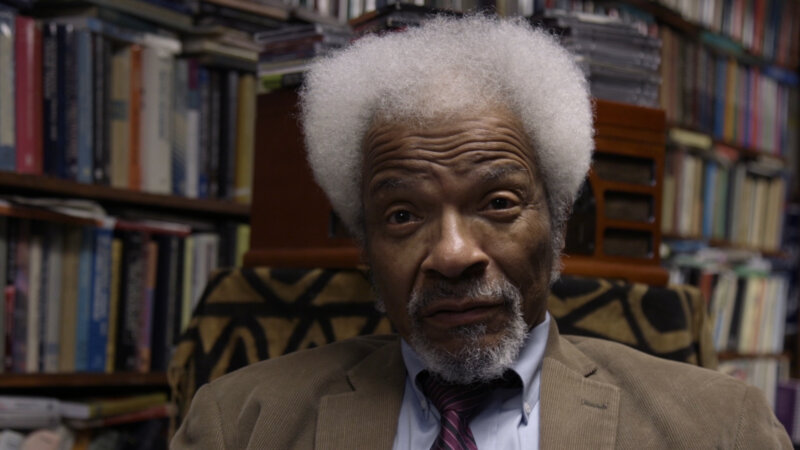"I am drawn to outsider and misfit characters": Interview with director Milda Baginskaitė
With two shorts showing at the recent Manchester Film Festival, the Lithuanian-born director told us more about her work - and what's on the horizon.
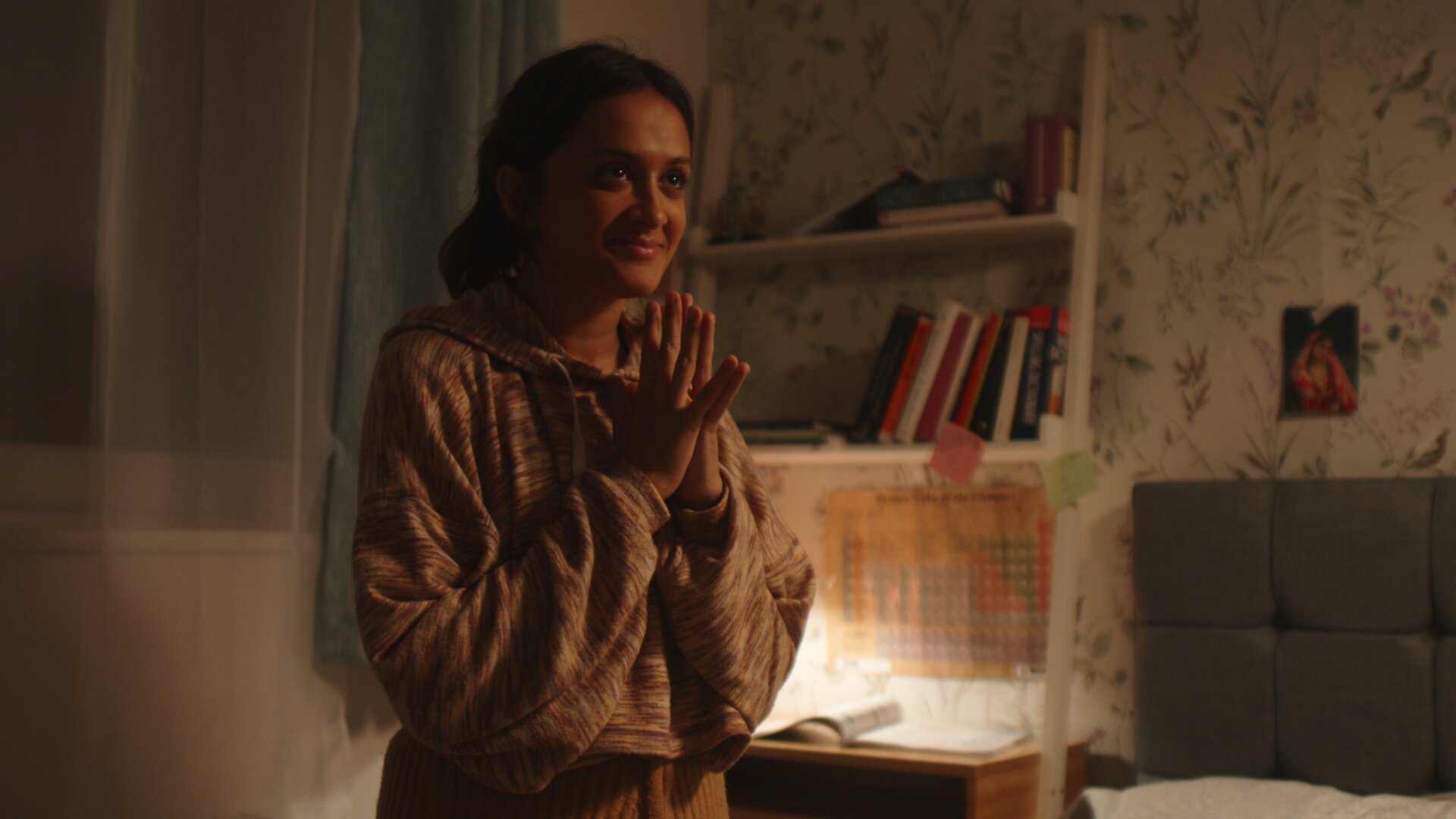
Still from True Colours.
Milda Baginskaitė is a Lithuanian director and writer based in Manchester. Her award-winning projects range from short films to theatre, branded content and music videos. Milda’s work has been backed by BBC, BFI, Creative England, Screen Yorkshire and Girls In Film.
Her
short True
Colours
is about two teenage girls from different background
who experience challenges and family drama in their own way. Each one
wants what the other one has, but is the grass really greener
on the other side? In Teddy,
a young immigrant searches for her own identity while fighting for
recognition in a male-dominated class.
Now
Then
took an opportunity to speak to Baginskaitė ahead of the screening
of both films at Manchester Film Festival.
I
see you have worked in BIMM; you've been a teacher and
head of year at Screen
and Film School Manchester;
you make music videos and film shoots.
Where does the energy come from - and can I have some?
[Laughs]
Well, I think it's because I'm Lithuanian. It’s a hard-working
nation, I think.
I’ve
seen the trailer for Teddy, and with some of the subject matter that
you use, are your
films
inspired by what you see in real life events?
Of
course. It would be hard not to draw inspiration from what I know and
see.
I
like to experiment with characters and narratives. So when a
character comes to me, I like to throw them into a difficult
situation and see what happens. Not necessarily based on my own
experiences.
So
it's like a composite from things you pick from various elements, and
you just try and draw the thread through them.
Yeah,
exactly.
You've
travelled around the world a great deal and you are currently in
Manchester. Do you feel as though you absorbed influences and
experiences that feed into your works?
Yeah,
I think so. When I lived in Italy, that's kind of when my interest in
film really sparked. At the time, I was really young and I felt
like, you know, I could be a citizen of the world, like I would never
need to have roots anywhere. Definitely my work at the time was very
interested in the concept of home and maybe, where is home and what
is home, because I was rejecting that concept for myself. Maybe that
is why I am so drawn to outsider and misfit characters, even now.
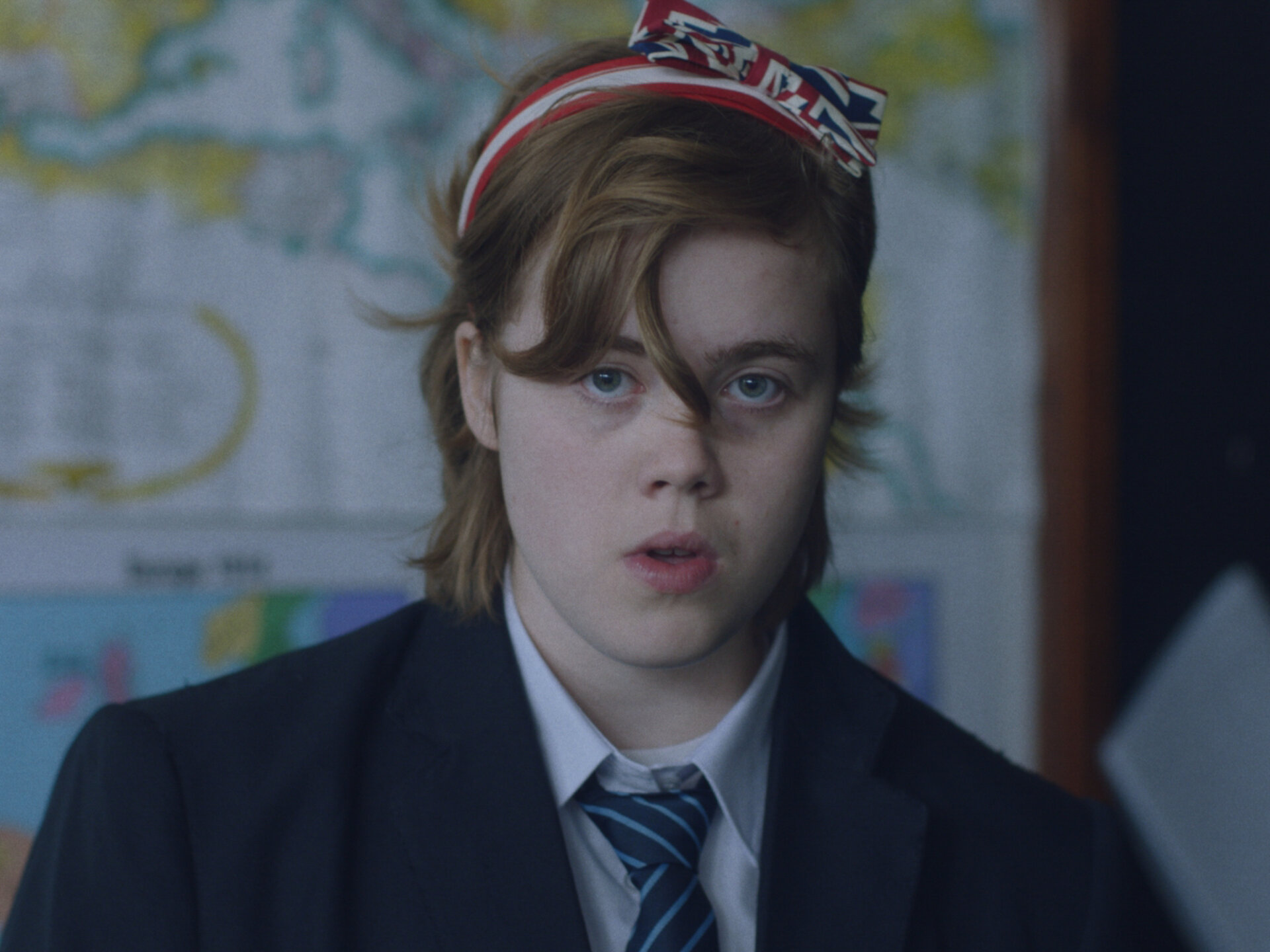
Still from Teddy.
Being
based in Manchester, is it
a
bit more of a buzz having your works presented at the Manchester Film
Festival, or is it that all
film festivals
start to become similar to one another?
I
actually haven't had many of my previous films shown
in Manchester,
so it’s quite exciting to have two of my films at the festival this
year. Audiences are often different in different festivals and towns,
so I guess it’s always a buzz.
You
are a writer as well as a director for some of your works. Is that
because you prefer it that way, is it budget constraints, or is it
just you want to see your own work interpreted and you've got your
particular vision?
It's
a bit of everything. I think writing is the best craft there is
because it’s
the
heart of storytelling. I'm really aspiring to be a writer and I have
a lot of love for it, but I also know that I'm a stronger director
than I am a writer.
Therefore,
I do enjoy working with other writers and kind of working on the
revision [of
scripts]
together. I also love collaborating. You know, that's why a lot of us
are in this business, because it is very much about collaboration and
coming together to make art.
I
know some film writers have a script locked down and they don't
really want to get too much input from the actors, but you sound as
though
you've got more of a collaborative arrangement. So if somebody comes
up with an idea and pitches in with something, you've got a degree of
flexibility.
Yeah,
I'm also a director who doesn't work with storyboards because I find
them very restrictive. I quite like to come to the space with the
actors and play out the scene before fully committing to camera
angles. Lovely things come out of these rehearsals and I don’t mind
altering the script there and then if needed.
When
you've got a small budget and resources and probably a very tight
shooting time, does the pre-planning for each shot become intense? If
you're saying you've only
got a day to shoot and somebody comes up with a great idea, but you
can't fit in, does it become painful having to cut things?
Well
yeah, absolutely right, the restraints of budgets are always very
painful. I feel like a good director is supposed
to be able to compromise and change things. But I personally always
like to think that whatever I need to compromise, the solution needs
to be better than the original.
With
face-to-face meetings having been pretty much been suspended for two
years, how do you go about a casting process? Do you look through
headshots to speak to people?
Great
question. Both of the films that are in the festival, True
Colours
and Teddy,
the pre-production of the films happened during
lockdowns.
None
of us could really meet. So all the meetings with the team and the
actors happened online and we casted entirely through audition tapes
and Zoom meetings.
Is
moving to a longer format on the horizon or do you prefer to stay
with short films?
I
feel like maybe I have energy for one more short in me before
venturing into the big, wide ocean of features and TV.
Currently,
I’m
involved
in a programme with Screen Yorkshire where I am developing a TV
series with a writer and producer.
Feature-wise,
I want to be absolutely sure that this is the film that I want to
make and it needs making, so I’m taking my time to be absolutely
sure. Maybe it’s a confidence thing.
You've
also worked on music videos. Would
you say that music videos are a more fun affair, or does each
environment have equally pleasurable but different rewards?
As
a director I definitely approach them as a playground and a time to
experiment. It tends to be quite a fun process for me. But the
budgets of music videos are always stressful.
With
the relentless march of streaming TV productions led by Netflix, do
you think the cinema and the cinema goer will become a niche market,
only for people who seek refuge from CGI?
That's
a great point. I feel like people already thought that cinemas might
disappear but I think it has picked up again.
I don’t think it’s the same experience to watch something at home and to watch something in the cinema. I’m hopeful cinemas will stick around because I am a fan.

